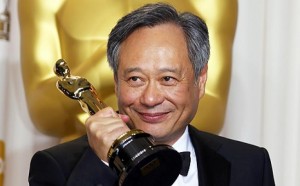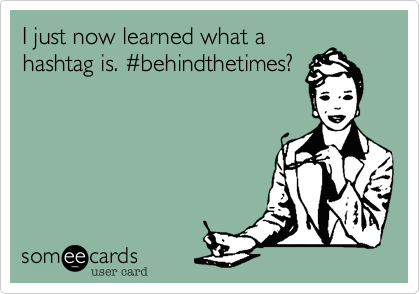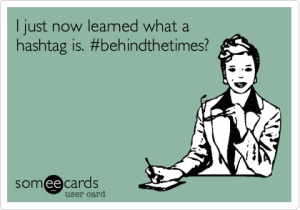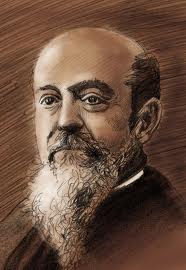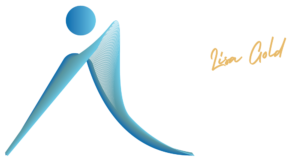10 Habits to Turn your Dreams into your Reality
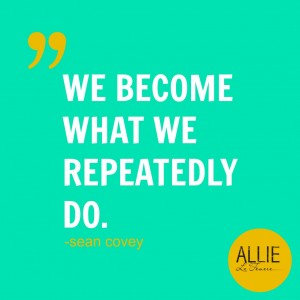
Over my 40 year professional career as an actor and my last 20+ years as a coach/mentor/business owner of two companies that serve actors, I’ve had the privilege and the heartbreak of watching others go after their dreams. One set of actors seem to just know what to do or are constantly educating themselves to figure it out, while the other set seems to struggle, question, stay stuck and wonder “why not me”?
I honestly think it comes down to one, and only one distinction in a human being – their habits. For a habit is a thing you do over and over again without thinking. This automaticity can make or break your career, life and ultimately your happiness day to day.
The good news is you can always create new, productive and supportive habits. Here are some habits of actors who are turning their dreams into realities:
1. They see challenges as opportunities
Most actors interpret fears as obstacles and tend to run away from them. People who live their purpose successfully have developed the capacity to see fear as a sign of what they really need to go for, and put all their courage and energy into it. To ACT Outside the Box, if you will!
2. They see their career and also their life as a game.
Having this vision opens up space for playfulness and creativity instead of limitation. It also cultivates those qualities of resilience, problem solving and confidence that helps actors take risks not only on the stage but in their business to get to the next big place.
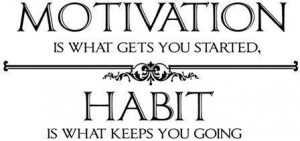
3. Living the life they want is the only option.
They’re so committed to making their dreams a reality that they banish any possibility of quitting whatsoever from their mind. They don’t think things like, “If it doesn’t work in 3 years, I’ll just go become a CPA.” Of course, I’m a great believer in having multiple steams of residual income from many sources, but that’s not quitting, that’s being a smart actorpreneur.
4. They always speak their truth.
They are able to speak it everywhere in their lives because they make a conscious effort to connect to their truest desires, their inner voice, and their spirituality without fear of judgment. This is HUGE in an industry where we are constantly judged. This connection to self is often fostered through meditation, journaling, being mentored and being surrounded by like minded-people. Just ask any successful actor you know and they’ll tell you they have a foundation of practices around their spirit and guidance from sources greater than themselves.
5. They aren’t just dreamers: they ACT on their desires.
There’s that word again. ACT is for action, not acting. Starting to get it? Instead of getting stuck in their hopes, wishes and dreams, they snap right into action, no matter what it takes. Whether it’s turning down a job that a gut check tells them to, getting out of a situation that holds them back, investing in themselves financially when called to, or moving to a new location across the country for other opportunities, they have the courage to do it. They do this by listening to, and then acting on, their intuition.
6. They expect and know that they deserve the best.
Actors who expect that what they want is going to happen as if it were an inner-knowing is THE SECRET. You’ve heard of that, right? They expect and feel they deserve to earn well, do what they love, serve others using their gifts. THE SECRET is that they still expect the best even when they don’t have all the answers as to how it’s going to happen.
 7. They have no fear or guilt when asking for what they want.
7. They have no fear or guilt when asking for what they want.
Because they’re so connected to their passions, they aren’t afraid to ask for what they want. In fact, they understand that their success depends on others, so asking for what they want is part of the deal. They set their boundaries and express their needs without fear, guilt or shame. Best of all, this is a trait that earns them respect from others.
8. They create their own rules.
They create their own rules instead of fitting into path set for them before. As in “they say you can’t do this and you have to do that to make it in this biz”. They make decisions from a place of what they want to have instead of what they think they can have or limiters heard from others. This gives them the freedom to design their destiny.
9. They’ve learned to be comfortable being uncomfortable.
One of their favorite places to be is wherever they are uncomfortable. They don’t get stuck in having all the answers, making things perfect or trying to gain comfort by controlling everything. Instead, they’re aware that they’re not going to see the next step until they make the decision to move forward despite the discomfort.
10. They have teachers, mentors and role models.
Having teachers increases their awareness. They clearly understand that each time they’re getting ready to pursue their dreams all their limitations are going to come up to the surface so that they can let go of them. Having role models and mentors helps them quickly identify where they’re stuck so that they can immediately change their results.
If it’s time to follow your dreams in an entirely new way, I recommend adopting some of these habits. If you’re looking for someone’s assistance, we're here!
(Inspiration for much of this post comes from an article I read on broccolicity.com)

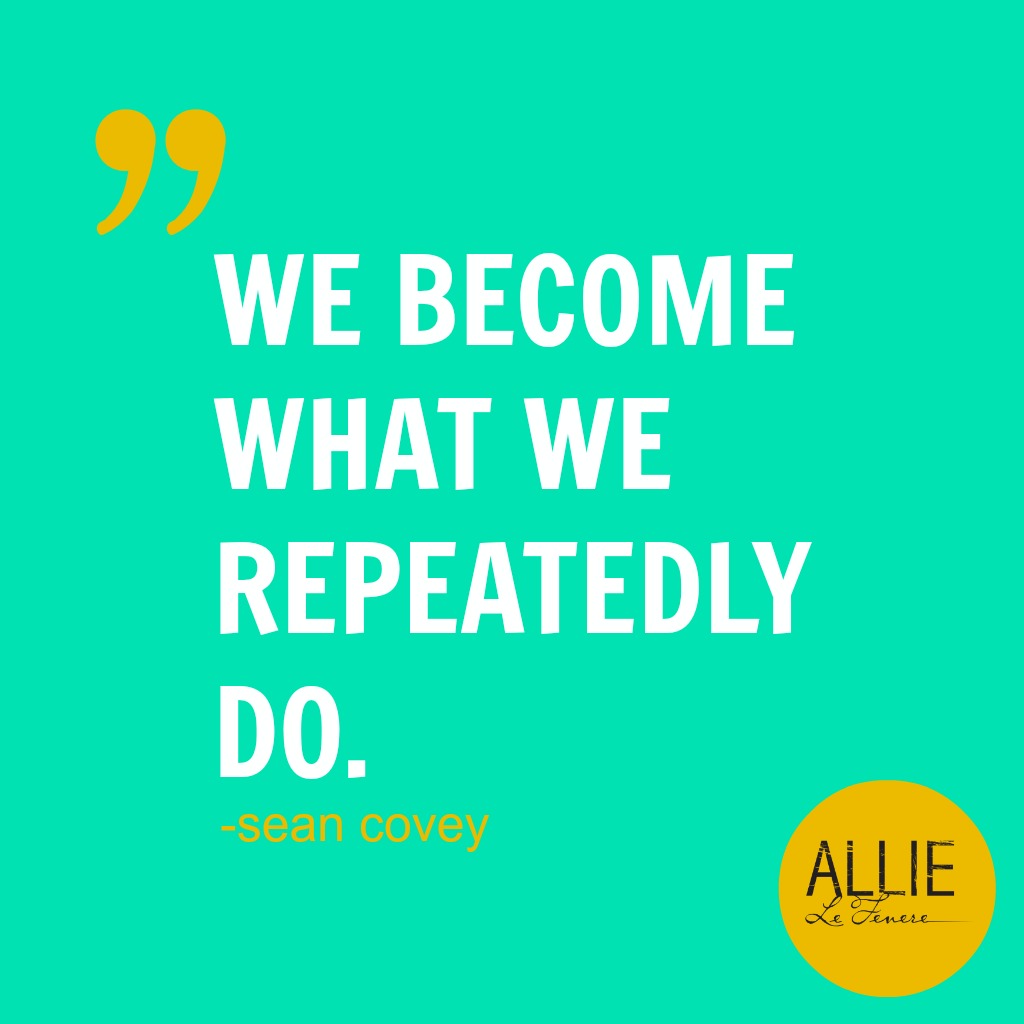
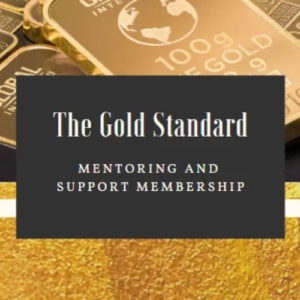

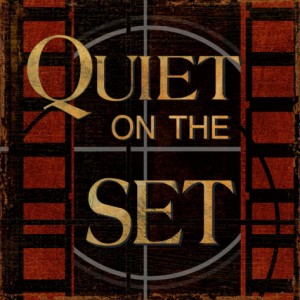





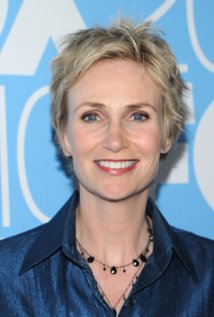
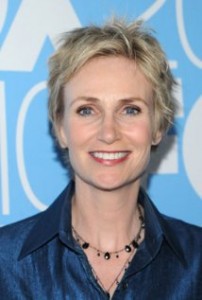
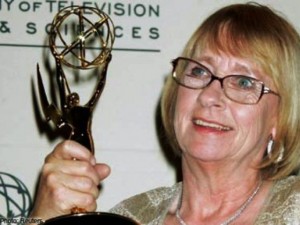
 Lucille Ball was a pioneer for both female leads and for comedy after creating one of the most beloved sitcoms of all time, “I Love Lucy” in 1951. However, she didn't become Lucy Ricardo until she was 40. Before “I Love Lucy,” Ball went from role to role in films. However, once television became a prominent medium she (along with her husband and co-star Desi Arnaz) tried to sell her vaudeville act to networks. That act became the prototype for “I Love Lucy.””I Love Lucy” was a huge success, and would go on to help create the modern sitcom (the show was one of the first sitcoms in history to use the three-camera filming format which is standard in sitcoms today) while also making Ball a star.
Lucille Ball was a pioneer for both female leads and for comedy after creating one of the most beloved sitcoms of all time, “I Love Lucy” in 1951. However, she didn't become Lucy Ricardo until she was 40. Before “I Love Lucy,” Ball went from role to role in films. However, once television became a prominent medium she (along with her husband and co-star Desi Arnaz) tried to sell her vaudeville act to networks. That act became the prototype for “I Love Lucy.””I Love Lucy” was a huge success, and would go on to help create the modern sitcom (the show was one of the first sitcoms in history to use the three-camera filming format which is standard in sitcoms today) while also making Ball a star.